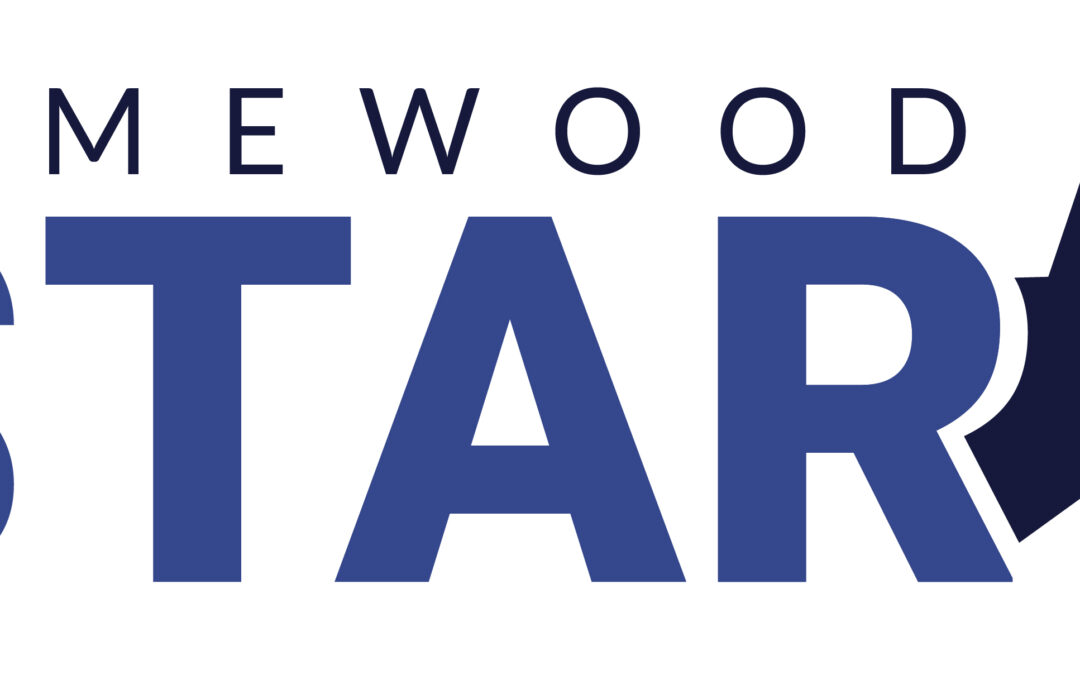
by Nancy Gregg | | Articles
BY INGRID SCHNADER NOVEMBER 25, 2020 1:11 PM The Woolley Institute for Spoken- Language Education (WISE) is a place of hope for deaf children or children with hearing loss. WISE helps prepare students to attend mainstream schools, like those in Homewood and Mountain...



Recent Comments